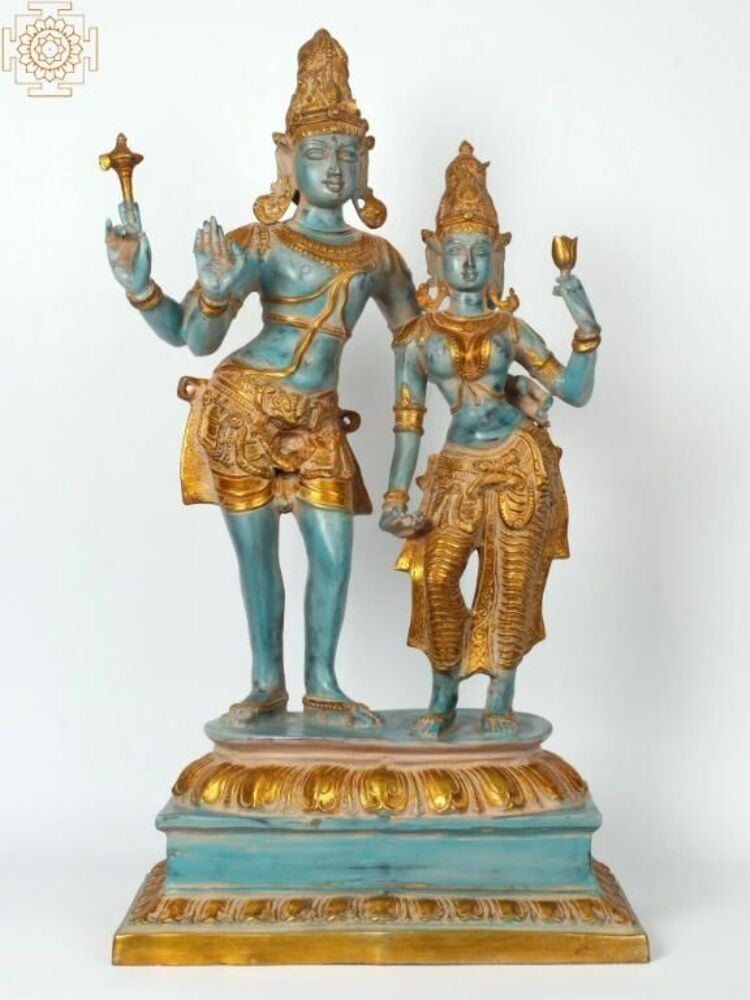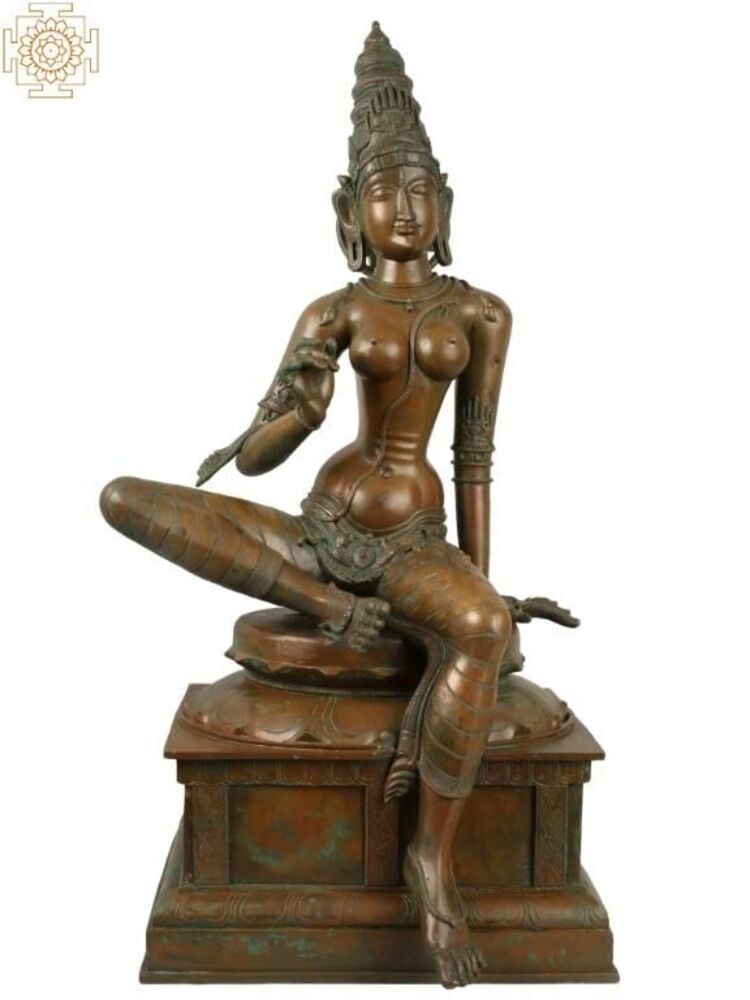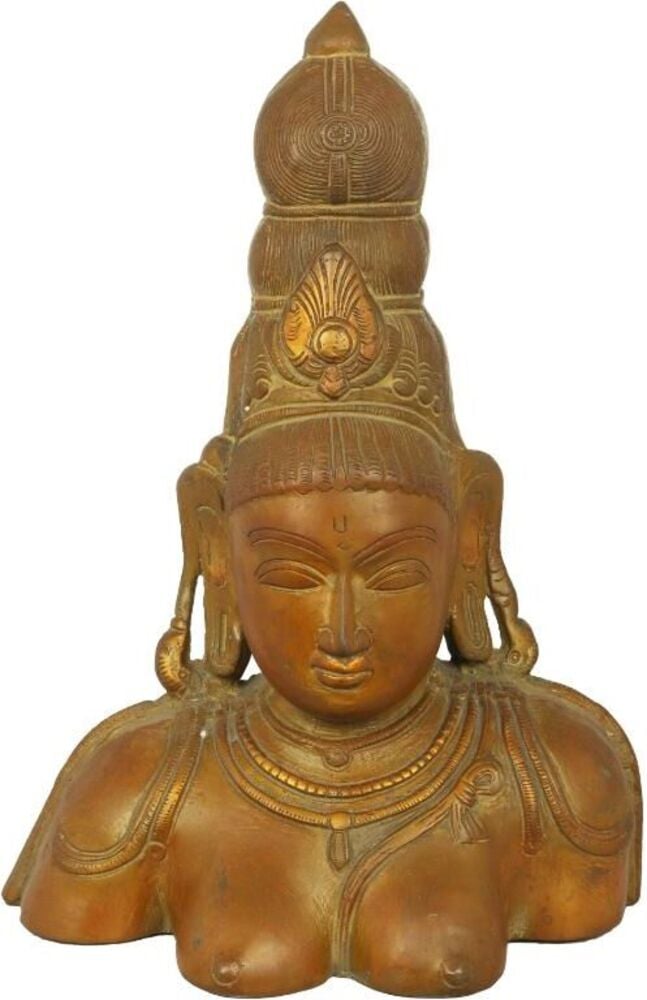Exploring the Symbolism and Significance of Parvati in Hinduism
Goddess Parvati, the consort of Lord Shiva, is one of the
principal deities of Goddesses in Hinduism. She appeared in the
material world as the daughter of Himavan, king of the Himalayan
mountains. The Vedic scriptures describe her as a young,
beautiful woman who is chaste and faithful to her husband, Lord
Shiva. She is always engaged in the loving service of her
family; her two sons Ganesha and Kartikeya. Goddess Parvati is
the embodiment of devotion, love, power, and beauty. The
followers of the Shakta tradition (Shaktism) describe her as Adi
Shakti or the energy behind the creation of material nature. She
is very merciful toward all living entities like a mother who
cares for her children and manifests many forms to protect them
from miscreants. Her most venerated and important powerful forms
are Durga and Kali that she took to vanquish demons who created
havoc in the material world.
The Vedic scriptures talk of her beautiful form in detail. She
wears a red saree and is generally seated, having two or four
arms, beside Lord Shiva. Her younger son Ganesha sits on her
knee, while Kartikeya sits or stands near Lord Shiva. Goddess
Parvati is typically decorated with gold ornaments and a crown
on her head and also carries a lotus flower in one of her hands.

What does Parvati symbolize?
Goddess Parvati is gentle and loving toward everyone. She never
fails to help and guide those who approach her out of
helplessness. Just as a mother is always kind toward her
children, Goddess Parvati, being mother nature, is forgiving to
all living entities. But when the time comes, she assumes
different terrible forms such as Durga and Kali to defeat demons
in order to protect the material world. She took the form of
Durga and killed the demon Mahishasura. Kali, the most ferocious
form, slayed the demon Raktabija. Thus, Goddess Parvati not only
symbolizes love, fertility, motherhood, and harmony, but is also
the Goddess of power, energy, and destruction.

Can we keep Shiv Parvati statue at home?
It is stated in Srimad Bhagavatam, the most glorious Vedic
literature, that Lord Shiva is the topmost Vaishnava (devotee of
Lord Vishnu): vaiṣṇavānāṁ yathā śambhuḥ. In order to get the
mercy of the Supreme Lord Vishnu, it is important for us to
serve His pure devotees. Thus, worshiping Lord Shiva along with
his consort Goddess Parvati at home is the way to the heart of
Lord Vishnu. But you must also know the standards of worshiping
them so that no offense is committed at their lotus feet. If
Lord Shiva and Goddess Parvati are pleased with your devotional
service, you will easily get the causeless mercy of Lord Vishnu
and thus the ultimate goal of your life will be achieved.
